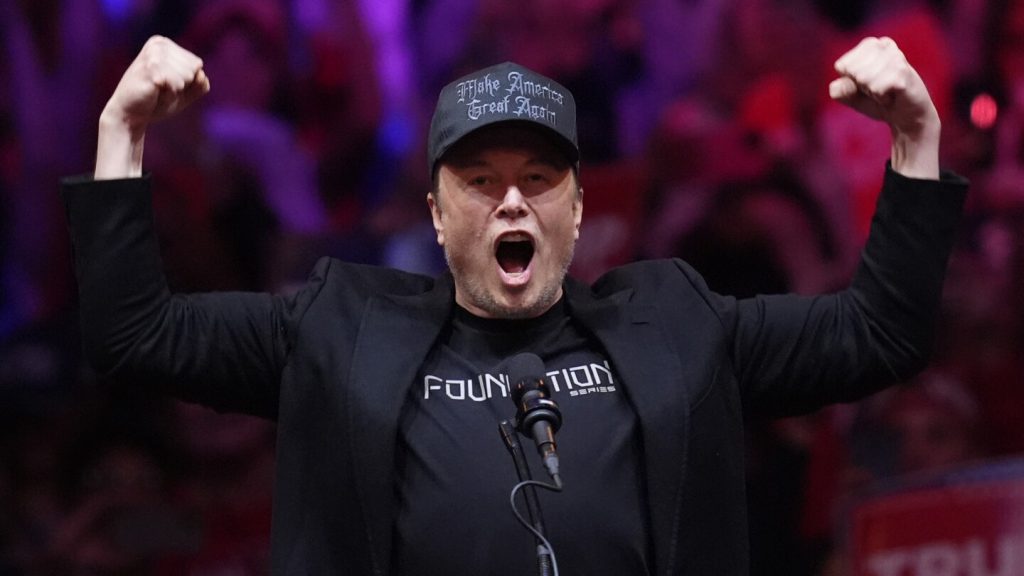The German government is downplaying Tesla CEO Elon Musk’s recent endorsement of the far-right Alternative for Germany (AfD) party in an opinion piece published in a major newspaper. Musk’s statements in support of the AfD have stirred controversy, with the government acknowledging his attempt to influence the upcoming federal election. The AfD has been criticized for its right-wing extremist views and is under surveillance by Germany’s domestic intelligence service.
Germany is gearing up for an early election on Feb. 23 following the collapse of Chancellor Olaf Scholz’s three-party governing coalition last month. Musk’s guest opinion piece supporting the AfD in Welt am Sonntag highlighted his belief that the party represents hope for the country and can lead it toward economic prosperity, cultural integrity, and technological innovation. Despite the AfD’s strong polling numbers, its candidate for chancellor, Alice Weidel, faces challenges due to other parties’ refusal to collaborate with the far-right party.
In the opinion piece, Musk challenged the public perception of the AfD as right-wing extremist, citing Weidel’s same-sex partner from Sri Lanka as evidence to the contrary. His commentary has sparked a debate on free speech in the German media, leading to the resignation of the newspaper’s opinion editor. Musk’s involvement in the German election campaign as a foreigner has raised questions about the boundaries of free speech and the role of outsiders in influencing domestic politics.
Critics of Musk’s endorsement of the AfD have questioned his understanding of German politics and the implications of his statements. While some acknowledge that Musk may have valid points about Germany’s issues, they caution against the belief that only the AfD can lead the country out of its current challenges. The tensions around Musk’s involvement in the election campaign have reignited debates about the media’s role in providing platforms for foreign influencers and the responsibility of public figures in shaping political discourse.
Overall, Musk’s support for the AfD has created a stir in German politics and media, with reactions ranging from concern to criticism. As Germany prepares for a crucial election amid economic challenges and political instability, the impact of outside influences like Musk’s endorsement of a far-right party raises important questions about democracy, free speech, and the role of foreign entities in domestic affairs. The upcoming election will test the resilience of Germany’s democratic institutions and the ability of its citizens to navigate complex political landscapes in the face of external influences.


